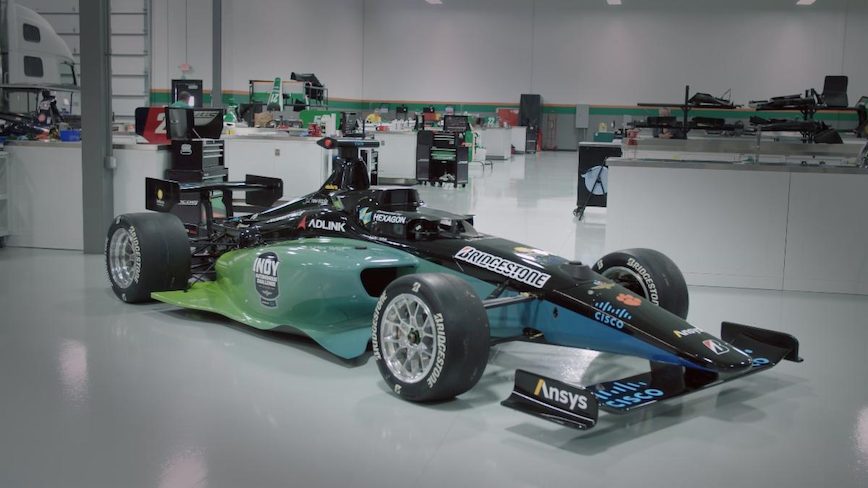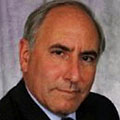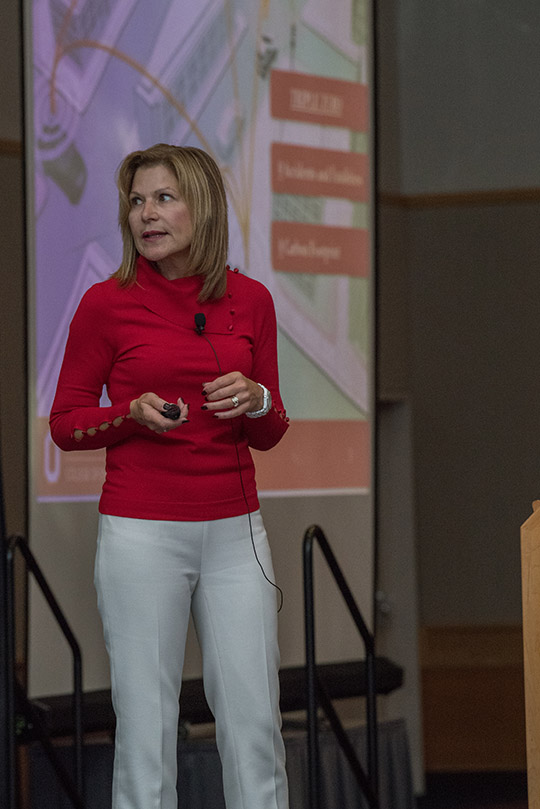The fastest driverless speeds yet achieved will occur during the Indy Autonomous Challenge (IAC) on October 23. The autonomous competition will award a $1.5 million grand prize for the most successful R&D team that programs their driverless, GNSS-, inertial- and multisensor-equipped racecar to clock the fastest fifty-mile distance around the legendary Indianapolis Motor Speedway.
Get an inside advance look at the engineering lessons to be learned on the track in the October 6 webinar, “Unlocking High Speed to Enable Autonomous Safety.” Register here.
Through a series of pre-qualifying simulation races, a starting group of thirty-one competing teams from universities around the world has narrowed to 10, each of which now has an identical autonomous Dallara AV-21, the most advanced, fastest autonomous vehicle ever developed.
Many automotive innovations have come out of Formula 1 racing and from motor sports in general. That’s why the drive to get autonomous vehicles onto the highway will benefit greatly from the IAC.
Three expert engineers closely involved will share their insights during the webinar:
• a race overview, chronicling the 10-month journey and the challenges encountered along the way
• how GNSS provides absolute position and the backbone for the high-speed sensor fusion aboard the 10 competing Dallara AV-21 racecars
• how LiDAR is used to provide relative localization and movement data
In learning how to make driverless cars perform safely at hyper-highway speeds while avoiding other vehicles, IAC participants will gain a vast storehouse of powerful knowledge. The competition seeks to solve real-world problems that will confront driverless vehicles as they take to city streets and highways.
Each teams races with an identical car, equipped with the same powertrains, sensor systems, drive-by-wire systems and processors. The race will go to whoever develops the best software algorithms and neural networks
Hexagon is a vehicle sponsor of the IAC, providing IAC competitors with positioning hardware, software and expertise from Hexagon’s Autonomy & Positioning division’s leading brands, NovAtel and AutonomouStuff.
Webinar Speakers
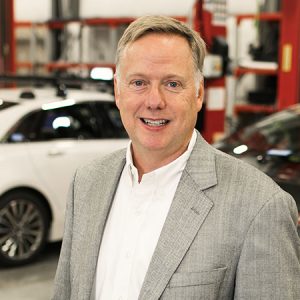 Lee Baldwin, Director of Off-Road Autonomy at Hexagon | AutonomouStuff
Lee Baldwin, Director of Off-Road Autonomy at Hexagon | AutonomouStuff
Lee Baldwin is the Director of the Core Autonomy Segment at Hexagon. He is responsible for creating the long-term vision, strategy and multi-generational roadmap of the Core Autonomy market segment. Baldwin works collaboratively with other segment managers, product managers and the Core Autonomy business development team to develop a common strategy to maximize the value proposition of Hexagon products and services in the Core Autonomy market.
Prior to joining Hexagon Baldwin was an engineering manager at Caterpillar where he led a team of engineers that developed mining automation for autonomous hauling and drilling. Baldwin started as an application developer at Accenture and had various technical and managerial roles in product development and information technology. Baldwin attended the University of Iowa where he received a Bachelor of Business Administration in Management Information Systems with a Computer Science minor.
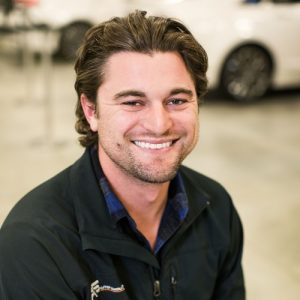 Justin Puent, Full Autonomy Product Manager, Hexagon | AutonomouStuff
Justin Puent, Full Autonomy Product Manager, Hexagon | AutonomouStuff
Justin Puent joined the Hexagon | AutonomouStuff team in March 2018 as a project manager responsible for feeding the demand of the ever-growing autonomous driving research industry. With his background in autonomous driving research and development, design, and management, Justin has been given the opportunity to manage the Hexagon | AutonomouStuff sponsorship for the #IndyAChallenge AV21 Race Car program.
 Dr. Matthew Weed, Sr. Director of Product, Luminar Technologies
Dr. Matthew Weed, Sr. Director of Product, Luminar Technologies
Dr. Matthew Weed began his tenure with Luminar, a leading automotive lidar and software provider, as a member of its original engineering team. He is currently focused on driving the company’s future through analysis and roadmapping of the autonomous vehicle and sensor industries. His career has focused on commercializing advanced optics and photonics technologies, which he’s achieved through medical diagnostic and drug delivery products, and now automotive applications. In addition to his work at Luminar, Matthew is an active member of the international technical community, having chaired the Optical Society’s Public Policy Committee, sat as founding steering committee member of the National Photonics Initiative, and currently sitting Board Member of both the Florida Photonics Cluster and the UCF College of Optics and Photonics. Academically, he earned and his Bachelor of Science in physics from Rennselaer Polytechnic Institute and his PhD through studies of the integration and fabrication of chip-scale photonics devices at CREOL at the University of Central Florida. He holds 26 US patents in laser, LiDAR, and other sensing technologies.

